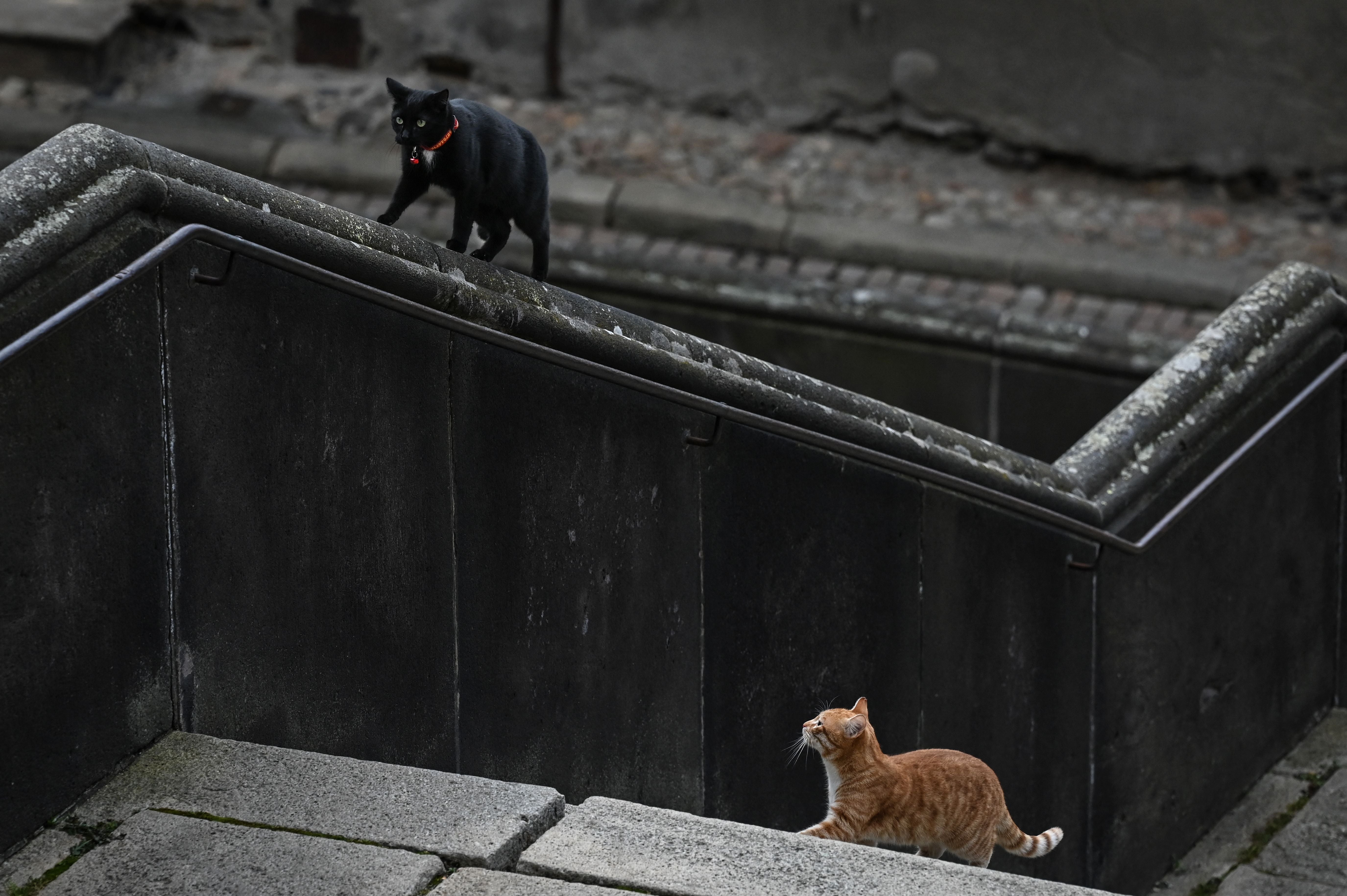Cat brains have shrunk since they were domesticated by humans, new study confirms
Natural selection for tameness in domestication may have contributed to smaller skull and brain size

Your support helps us to tell the story
From reproductive rights to climate change to Big Tech, The Independent is on the ground when the story is developing. Whether it's investigating the financials of Elon Musk's pro-Trump PAC or producing our latest documentary, 'The A Word', which shines a light on the American women fighting for reproductive rights, we know how important it is to parse out the facts from the messaging.
At such a critical moment in US history, we need reporters on the ground. Your donation allows us to keep sending journalists to speak to both sides of the story.
The Independent is trusted by Americans across the entire political spectrum. And unlike many other quality news outlets, we choose not to lock Americans out of our reporting and analysis with paywalls. We believe quality journalism should be available to everyone, paid for by those who can afford it.
Your support makes all the difference.Cat brains have shrunk significantly since humans began looking after them as pets 10,000 years ago, according to a new study that sheds more light on the effects of domestication on mammals.
While reduced brain size, compared with wild individuals, is believed to be a key characteristic of domesticated mammal species, researchers, including Raffaela Lesch from the University of Vienna, said such brain size comparisons are often based on old, inaccessible literature.
In some cases, they say studies that drew comparisons between domestic animals and wild species may no longer represent the true progenitor species of the domestic species being assessed.
In the new research, published in the journal Royal Society Open Science on Wednesday, scientists replicated studies on cranial volumes in domestic cats – published in the 1960s and 1970s – that compared wildcats, domestic cats, and their hybrids.
They assessed the skull sizes of domestic cats (Felis catus) and compared them to those of European wildcats (Felis silvestris) and African wildcats (Felis lybica).
The study found that domestic cats indeed have smaller skulls – indicating smaller brains – than both European and African wildcats. It also revealed that the skull size of hybrids of domestic cats and European wildcats have cranial volumes between those of the two parent species.
In these felines, researchers said natural selection for tameness in domestication led to the production of fewer neural crest cells, which are linked to excitability and fear, contributing to smaller skull and brain size.
The scientists believe further studies on more species can help better understand other effects of domestication on cats, adding that there are several limitations to drawing information from old literature that is not easy to access.
“Much of the literature that compares wild and domestic animals is difficult to access, or may have methodological issues,” Dr Lesch said. “We have to put effort into replicating old findings to further the field of domestication research and to see whether hypotheses, like the neural crest/domestication syndrome hypothesis of Wilkins and colleagues, are built on a solid foundation.”
In further research, the scientists plan to replicate more old studies, not only for cats, but across other domestic species.
Join our commenting forum
Join thought-provoking conversations, follow other Independent readers and see their replies
Comments